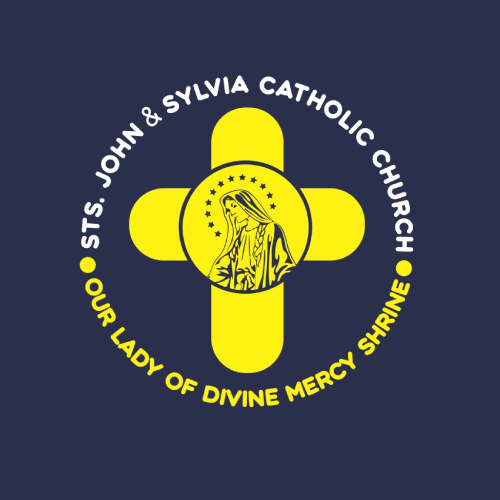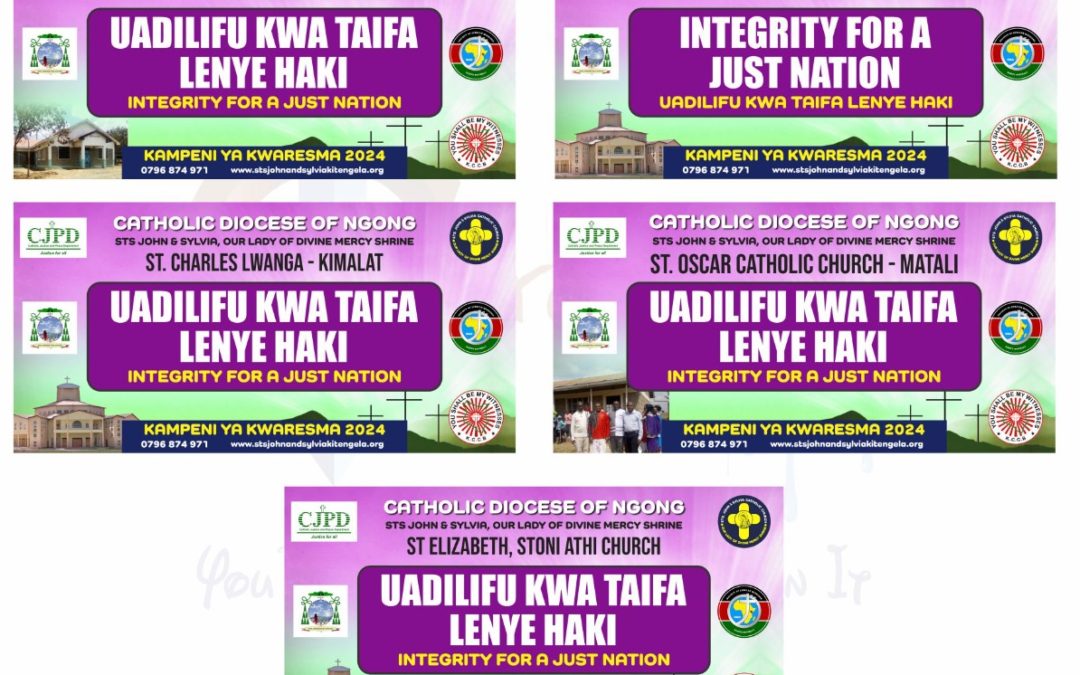Lent is a time when we pause to reflect, pray, fast, repent and be charitable. Our merciful God is always present to show us his everlasting love through reconciliation with self, with others and with creation. As the Catholic Church, this is a special time which also reminds us that we are mortal beings.
This Lenten season occurs at a historical moment when the Universal Church is focused on strengthening itself as a Synodal Church. The spirit of Synodality is one in which we journey together as one community, actively participating in the life and mission of our call to be witnesses of the risen Christ. The Synodality journey is one in which we are privileged to be missionaries who bring the Good News of the Lord to the end of the earth (Acts 1:8). We are, therefore, invited to continue praying for this process of Synodality to be a moment of conversion towards making our Church Christ-centred in what we do and in whom we are as children of God. The Lenten reflections this year touch the core of our Christian faith: care for the poor. The Church in her teaching, practice and prayers places the poor at the heart of her mission.
This year’s theme, Integrity for a Just Nation, focuses on using our integrity to build a culture of justice in Kenya. A just nation is only possible if the citizens are people of integrity. The invitation, therefore, is to reflect on our journey of faith as the baptised people of God who should live with integrity to build a just nation. This Lenten season places responsibility at our doorstep: conducting ourselves with integrity. As moral beings, we have to go forth and fight for justice for the poor.
There are many causes which as Christians we are called to fight for. However, Mother Church says there is only one choice to make over the poor; the preferential option for the poor. Who are the poor we must attend to? In the Old Testament, widows and orphans are often mentioned as vulnerable members of society. In the Sermon on the Mount, Jesus pronounces: “Blessed are the poor in spirit, for theirs is the kingdom of heaven.” He illustrates the consequences of neglecting the poor in the parable about a rich man and a poor beggar named Lazarus. Numerous passages in the prophetic books condemn the oppression of the poor and call for justice. In the parable of the Good Samaritan, Jesus

